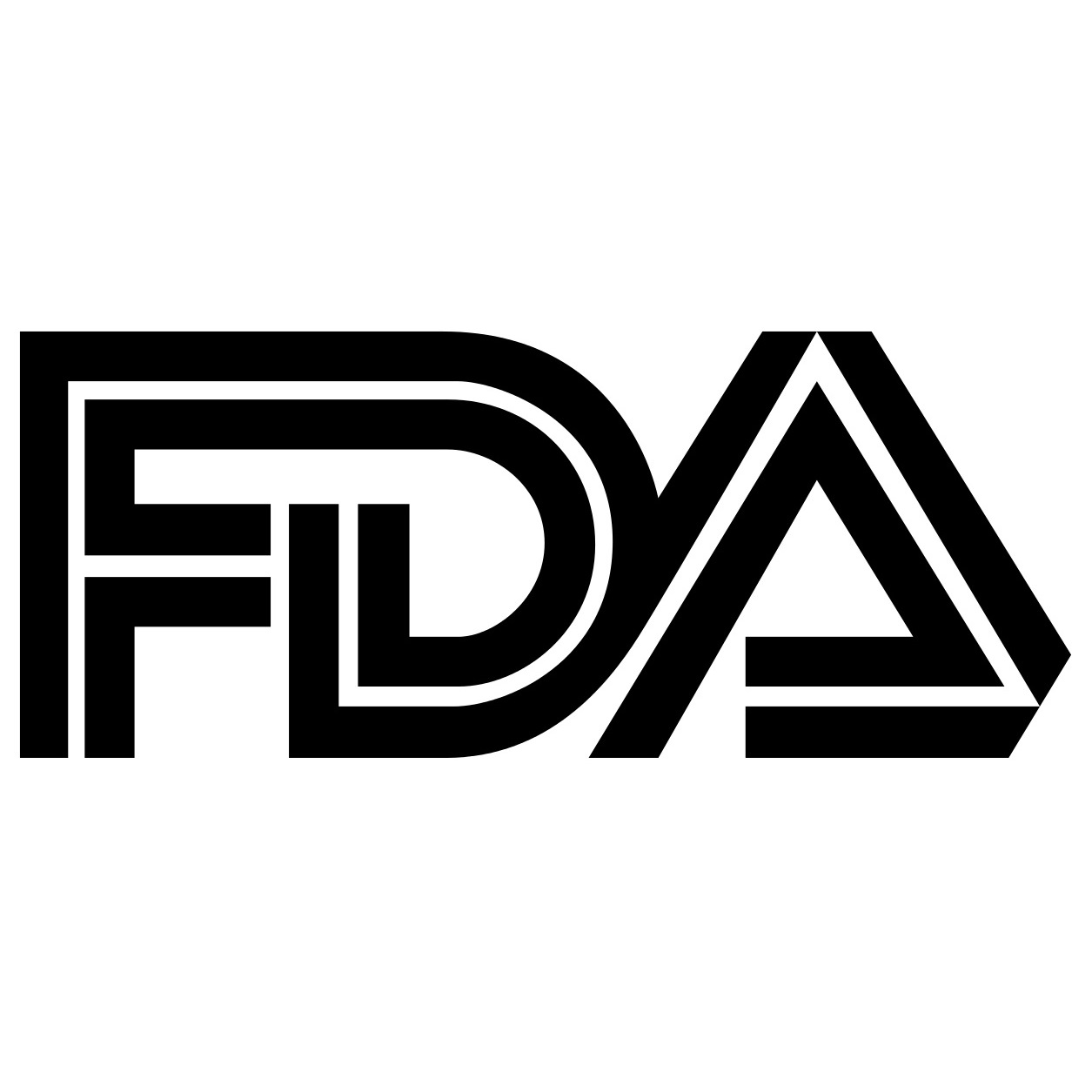
Johnson & Johnson (NYSE: JNJ) is often not very vocal about receiving drug approvals, at least not using its own name. Janssen Biotech, a unit of Johnson & Johnson’s Janssen companies, has announced that the U.S. Food and Drug Administration (FDA) has approved Stelara for the treatment of moderately to severely active Crohn’s disease in adults who have failed or were intolerant to treatment with immunomodulators or corticosteroids but never failed treatment with a tumor necrosis factor blocker, or who failed or were intolerant to treatment with one or more TNF blockers.
Stelara is said to be the first biologic therapy for Crohn’s disease targeting interleukin (IL)-12 and IL-23 cytokines. Stelara is also said to be the only treatment for Crohn’s disease that starts with a weight-based, one-time intravenous infusion induction dose (260 mg [55 kg or less], 390 mg [more than 55 kg to 85 kg], or 520 mg [more than 85 kg]) to help reduce symptoms, followed by 90 mg subcutaneous maintenance injections every eight weeks to help keep the symptoms under control.
Janssen said that it will work to make the cost for payers competitive with currently available biologic therapies for Crohn’s disease.
The clinical development program for Stelara for Crohn’s disease was shown to have included over 1,300 patients across three pivotal Phase 3 studies. Monday’s release said:
In clinical studies of patients who were either new to, experienced with, or failed biologic therapy (TNF blockers), between 34% (UNITI-1 study) and 56% (UNITI-2 study) of patients experienced relief from their Crohn’s disease symptoms in just six weeks after receiving the one-time intravenous (IV) infusion of STELARA(®). Noticeable improvement was observed as early as three weeks. Additionally, the majority of those who responded to induction dosing and continued treatment with STELARA(®) subcutaneous maintenance doses every 8 weeks were in remission at the end of 44 weeks (52 weeks from initiation of the induction dose).
Janssen Biotech’s press release included a quote from Andrew Greenspan, M.D., who is its vice president of medical affairs:
The approval of STELARA for Crohn’s disease underscores our commitment to provide innovative treatment options for people living with chronic inflammatory and immune-mediated diseases. We are confident STELARA will improve the lives of many people living with Crohn’s disease and are committed to ensuring that it is accessible to patients who qualify for this new therapeutic option.
Johnson & Johnson also owns the drug Remicade under its Janssen operations that was approved back in 1998. That drug, which also targets Crohn’s disease, came to it under the Centocor acquisition, which was announced as a close to $5 billion deal in the year 1999.
According to the Crohn’s & Colitis Foundation of America, here are the numbers used regarding Crohn’s Disease:
Crohn’s disease may affect as many as 700,000 Americans. Men and Women are equally likely to be affected, and while the disease can occur at any age, Crohn’s is more prevalent among adolescents and young adults between the ages of 15 and 35.
That number doubles to nearly 1.4 million if you group a larger inflammatory bowel disease category that includes Crohn’s and ulcerative colitis.
Thank you for reading! Have some feedback for us?
Contact the 24/7 Wall St. editorial team.



